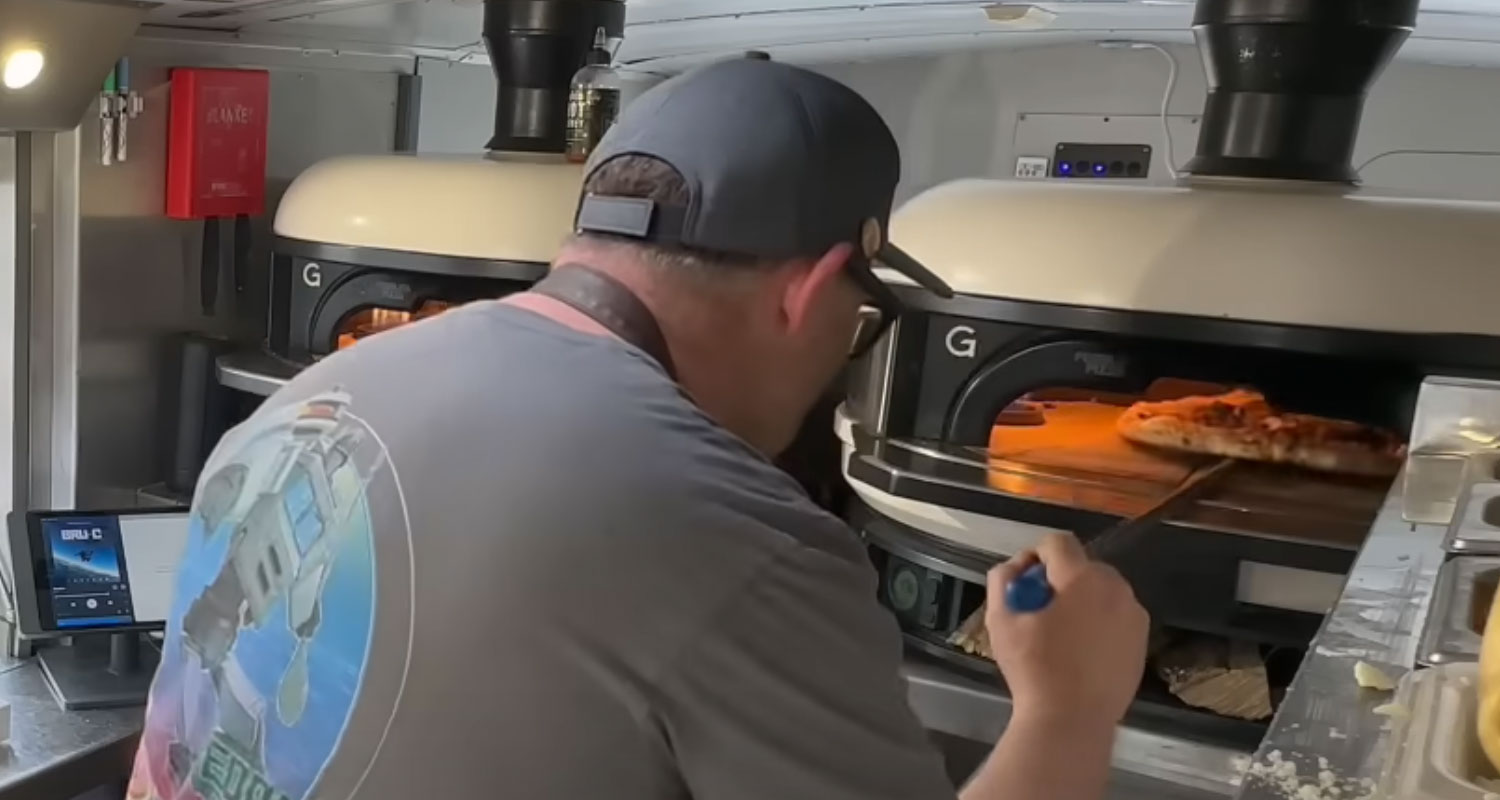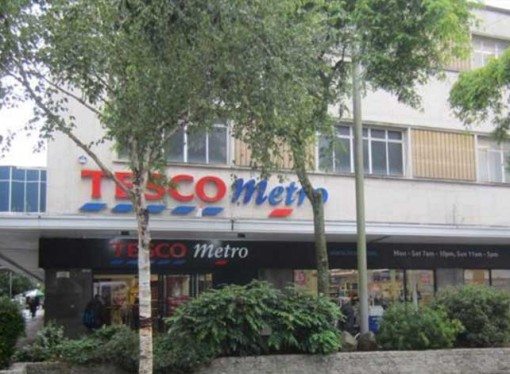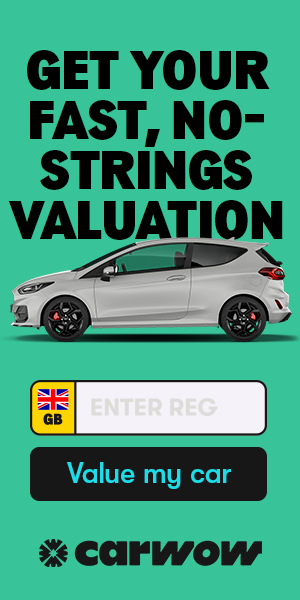In an intriguing and detailed YouTube video titled “What I Earn as a Pizza Truck Owner,” viewers are taken on an insightful journey into the life and business operations of Pedding Pizza (also known as Adam, a pizza truck owner in the UK). The video serves not only as a practical guide but also as a candid look into the financial and logistical aspects of running a mobile food business.
Adam’s videos are superb and we would highly recommend you watch them all, but this video is unique as it does what many business owners never do, go into full detail of the financials of their businesses, Adam starts by recounting the origins of his business, beginning with a modest setup involving a bicycle and a small oven. This initial venture set the groundwork for what would become a flourishing pizza truck enterprise. He explains the process of upgrading from a bike trailer, purchased for £2,000, to a more robust three-wheeler van equipped with dual ovens and additional space, which came with a hefty price tag of £24,000. He underscores the critical steps needed to start a food business in the UK, such as obtaining the necessary registrations, food hygiene certifications, and adhering to safety regulations, highlighting the importance of being well-prepared and compliant with local laws.

The video offers a deeper dive into the financial aspects of the business. The speaker details his financial journey, from the purchase and customization of his initial trailers and vans to the significant investment in a custom-built van that won the British Street Food Awards. He shares the challenges of maintaining the vehicle, dealing with mechanical issues like carburetor troubles and snapped fan belts, and the financial implications of these setbacks.
One of the more revealing segments of the video involves the speaker discussing his earnings. He reveals that his monthly income averages around £5,000, a figure that fluctuates based on the season and specific events. He describes using a point-of-sale system to manage transactions and keep track of sales, and although he could potentially earn more by increasing his working days, he chooses to maintain a balance that allows him quality life outside of work.
Cost analysis is a crucial part of the discussion. The owner breaks down the expenses involved in running the pizza truck, noting that while some ingredients like cheese can be costly (with 800g costing around £70), other expenses like dough and toppings are relatively low. He emphasises that operating from a home base significantly reduces overhead costs, allowing him to offer competitive prices and still enjoy a healthy profit margin.

The daily grind of the pizza truck business is also portrayed, illustrating a typical day that starts with early morning preparations and ends with clean-up after a day’s sales. The owner’s passion for pizza-making shines through as he describes his joy in crafting pizzas, which he views as not just a job but an extension of his hobbies and interests.
The video concludes with practical advice for prospective food truck owners, focusing on the necessity of thorough preparation, understanding of the financial commitments, and the joys and challenges of turning a culinary passion into a successful business venture. This comprehensive look at owning and operating a pizza truck provides valuable insights for anyone considering a similar entrepreneurial path.
Take a watch below of this fascinating video and hit Subscribe on his channel if this is of interest to you!





























